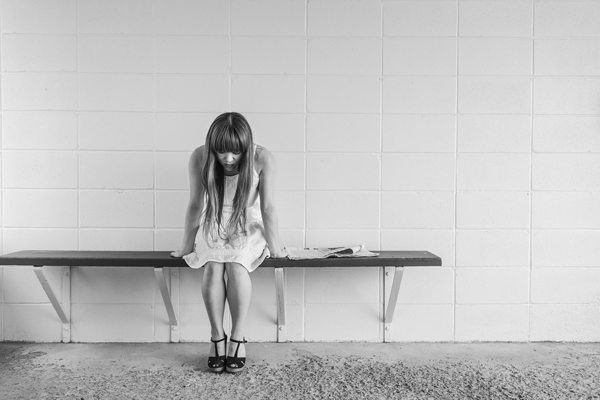We’ve come a long way in the last couple of years – Me Too has recently been named the Macquarie Dictionary word of 2018; many famous and infamous men are being held accountable for their words and actions; and some very real conversations about toxic masculinity are coming to the fore (the Gillette ad and subsequent furore for example).
Personally, I’m over apologising for talking about things that make men feel uncomfortable. Among the many things that make up ‘me’ – I am a domestic violence survivor and have recently designed violence against women training. I also have a large percentage of my women in my world who are also survivors of violence and abuse from the men in their lives.
Problematically, I watch many women continue to soften the message to make sure the ‘good’ men don’t feel bad about discussing topics around the inequality, harassment and violence women face in our society. And I get why – look at social media on any given day and you can find men threatening and demonising women for daring to speak up.
As women, we have been raised to soften ourselves so we are appealing to men – you can’t succeed if you aren’t likeable. We’ve been raised to prioritise men – their comfort, their opinion, their voice – and so, we keep apologising for wanting women to be a priority in this discussion.
Too often we prioritise men’s comfort over the message.
There is a problem with the desire to soften the message; effectively apologising for bringing it up and making men uncomfortable! It diminishes the message to make it more palatable, but it is too important a message to soften the impact.
That message is about equality, the abuse and harassment we regularly live with and, of course, that…
Men are killing women
Let’s face facts here, I’ll include my country’s facts. In October 2018, nine women were killed in Australia at the hands of male perpetrators – seven of these were killed by men from a current or former intimate relationship. NINE women in one month – which will undoubtedly increase our Australian average of 55 women per year.
Put in perspective, over a 30 year period in Australia, 47 people were killed by shark attacks, just over 1.5 a year. And yet, the public/media outcry for action and the solutions put in place (including culling) to try to protect the small proportion of Australians who might be impacted by this is significant.
Is domestic violence a problem for men? Of course it is. Should it be ignored? Of course not. But focusing on one thing does not negate the existence of another – say that again, out loud. Saying we want a focused conversation about violence against women does not negate the need to address this problem for men, it simply means this particular conversation is focused on women.
And let’s be real here, violence perpetrated BY men is a significant problem in our society as a whole – for victims of all ages and genders. Women demanding a discourse about societal equality and ending abuse is only ever going to be one part of the discussion – but prioritising women’s experiences and how to solve that problem is obviously challenging to many men.
It all starts at equality
The deaths are only the pointy end of the problem here – it goes all the way back to equality. I want men to hear women talk about the ongoing inequality, harassment and abuse we experience; and I want them to feel uncomfortable about that. Because action comes from discomfort.
As a society, we are asking men to step up and take action. We’re asking men to call each other out on behaviours that aren’t appropriate and raise better boys. This is important, because women cannot solve this problem alone; it’s men’s discomfort with the status quo that will create the biggest change.
It’s not about you! But if hearing about our lived experience makes you uncomfortable, imagine how we feel.
And yes, to reference the amazing Hannah Gadsby in her Women in Entertainment speech – if you have not watched the entire speech please take the 8 minutes to watch it now – replace men with any dominant culture and women with its opposite. Race, gender, sexuality, disability etc.
We all need to be willing to feel uncomfortable when someone is telling us the reality of their lived experience in our world. It’s not about us! It’s about prioritising their story and working out how we can be part of changing the world to make it better – increasing their comfort.
And we all mess this up, because we don’t like to feel uncomfortable and we like to think we are good people. But we have also been raised in a society that has created weird biases, beliefs and misconceptions in our brains. And they need to be challenged – that’s called growth!
So, next time you feel shitty about yourself because someone is talking about their experience, don’t get defensive. Breathe and ask yourself why you’re reacting that way. Listen and empathise – even apologise if needs be. Because I think you should feel more uncomfortable if you aren’t able to prioritise someone else’s experience and feelings over your own ego and reality.


